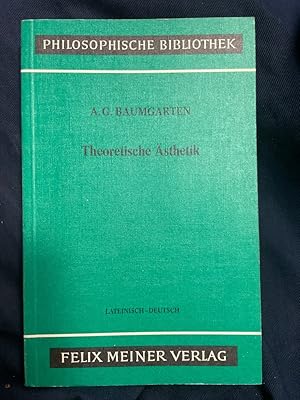

In his Metaphysic, § 607, Baumgarten defined taste, in its wider meaning, as the ability to judge according to the senses, instead of according to the intellect. The word had been used differently since the time of the ancient Greeks to mean the ability to receive stimulation from one or more of the five bodily senses. In so doing, he gave the word a different significance, thereby inventing its modern usage. Without it, there would be no basis for aesthetic debate as there would be no objective criterion, basis for comparison, or reason from which one could develop an objective argument.Īesthetica (1750) by Alexander Gottlieb Baumgartenīaumgarten appropriated the word aesthetics, which had always meant "sensation", to mean taste or "sense" of beauty.

Baumgarten developed aesthetics to mean the study of good and bad " taste", thus good and bad art, linking good taste with beauty.īy trying to develop an idea of good and bad taste, he also in turn generated philosophical debate around this new meaning of aesthetics. With the development of art as a commercial enterprise linked to the rise of a nouveau riche class across Europe, the purchasing of art inevitably led to the question, "what is good art?". Previously the word aesthetics had merely meant "sensibility" or "responsiveness to stimulation of the senses" in its use by ancient writers. While the meanings of words often change as a result of cultural developments, Baumgarten's reappraisal of aesthetics is often seen as a key moment in the development of aesthetic philosophy. In 1733, during his formal studies at the University of Halle, he attended lectures on the philosophy of Christian Wolff by Johann Peter Reusch at the University of Jena.

Both his parents died early, and he was taught by Martin Georg Christgau where he learned Hebrew and became interested in Latin poetry. He was a brother to theologian Siegmund Jakob Baumgarten (1706–1757).īaumgarten was born in Berlin as the fifth of seven sons of the pietist pastor of the garrison, Jacob Baumgarten, and of his wife Rosina Elisabeth. Immanuel Kant, Georg Friedrich Meier, Johann Georg Sulzer, Johann Joachim WinckelmannĪlexander Gottlieb Baumgarten ( / ˈ b aʊ m ɡ ɑːr t ən/ German: 17 July 1714 – ) was a German philosopher.


 0 kommentar(er)
0 kommentar(er)
